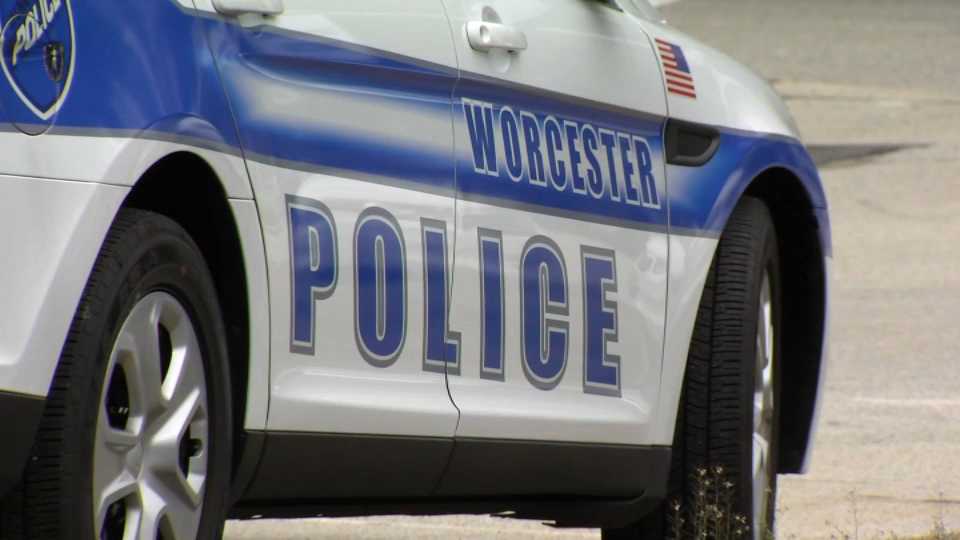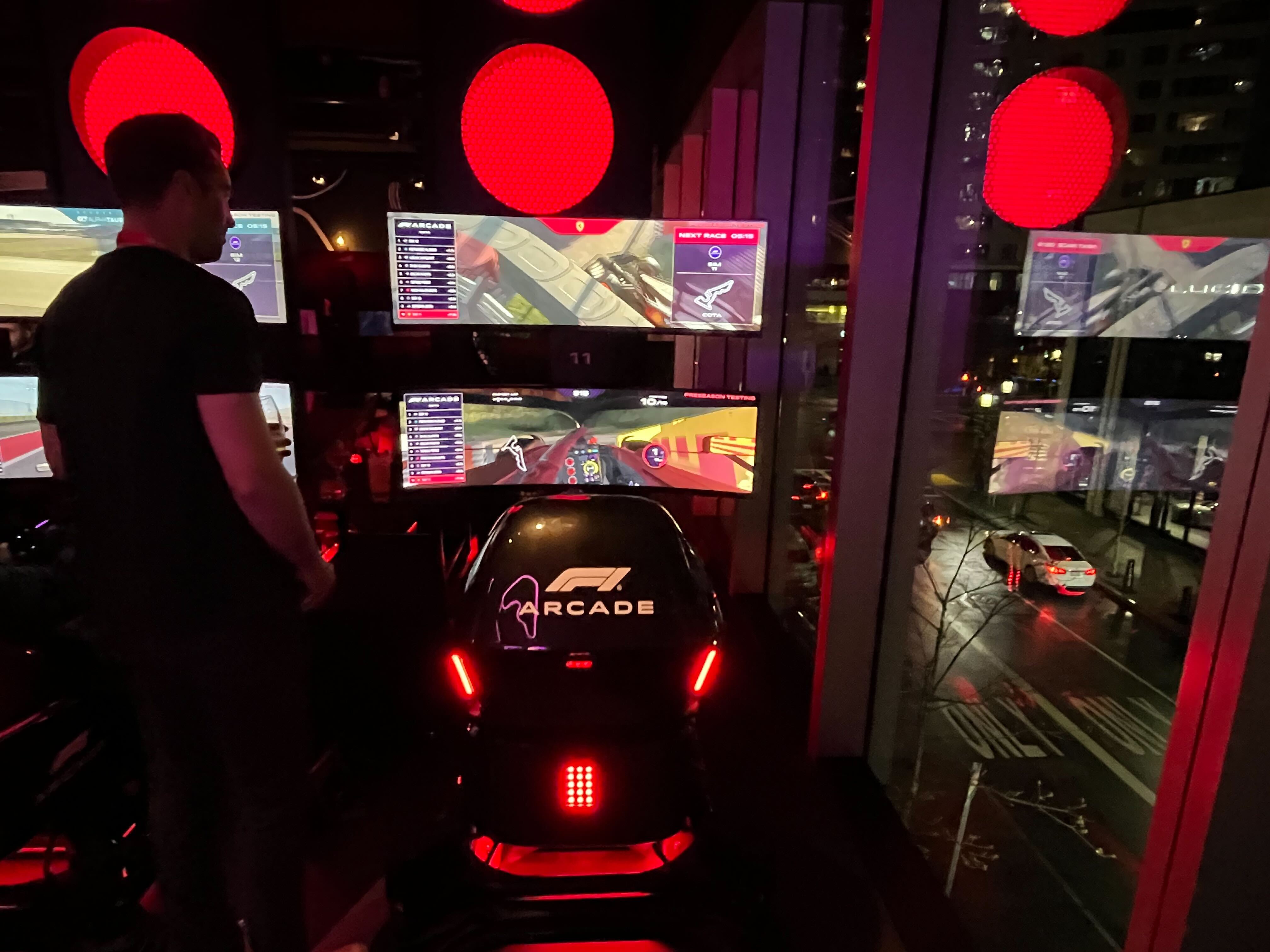A new report auditing Boston's 911 system outlines several concerning issues, including an increase in callers not getting through to police.
The Boston Police Department contracted Mission Critical Partners for the study, which found challenges with staffing, hiring, training and retaining qualified call-takers.
The report paints a picture of a difficult few years for the department's dispatch system, with a direct impact on the community.
"This current state has culminated in a staffing crisis and the expense of $2,392,525.95 in overtime for both sworn and civilian staff in 2019 and $2,885,145.72 in 2020," the report stated.
Get New England news, weather forecasts and entertainment stories to your inbox. Sign up for NECN newsletters.
"I was surprised at some of the morale, the amount of forced overtime, and it looks like there's a lot of people dedicating a lot of time, but they have very little work life balance," Massachusetts Sen. Lydia Edwards said of the findings.
One impact of the staffing problems has been an increase in the rate of "abandoned calls," in which a 911 caller disconnects without making contact with the call center. Out of more than 621,000 calls in 2020, more than 35,000 were abandoned.
"Every center will experience abandoned calls; the goal is to keep them as low as possible," the report read. "There are many reasons for abandoned calls, including those who 'pocket dial,' realize they have misdialed, or become frustrated waiting for an answer and hang up. Additionally, when staff members are on another line, incoming calls cannot be answered right away. Regardless of the reason, this creates additional work as staff must try to re-establish contact with the caller to determine if there is an actual emergency."
Local
"That's an unfortunate number, it's a sad number, it's a concerning number," Edwards said.
The report also shows that in 2020, call-takers took more than 21,000 hours of leave -- the equivalent of about 8.3 weeks per person. That same year, dispatchers used nearly 15,000 hours of leave, which comes out to about 9.3 weeks per person.
Several recommendations were also made in the report, including moving to a 12-hour shift cycle and transitioning the division's supervision from law enforcement to civilian.
"I think in general, there's going to be more roles for civilians to take on in first responder agencies, as recruitment is very low," Edwards said.
These recommendations come at a critical time, as calls for service tend to increase in Boston in the summer months. The report said the volume could increase from 1,600 to 2,400 per day.



